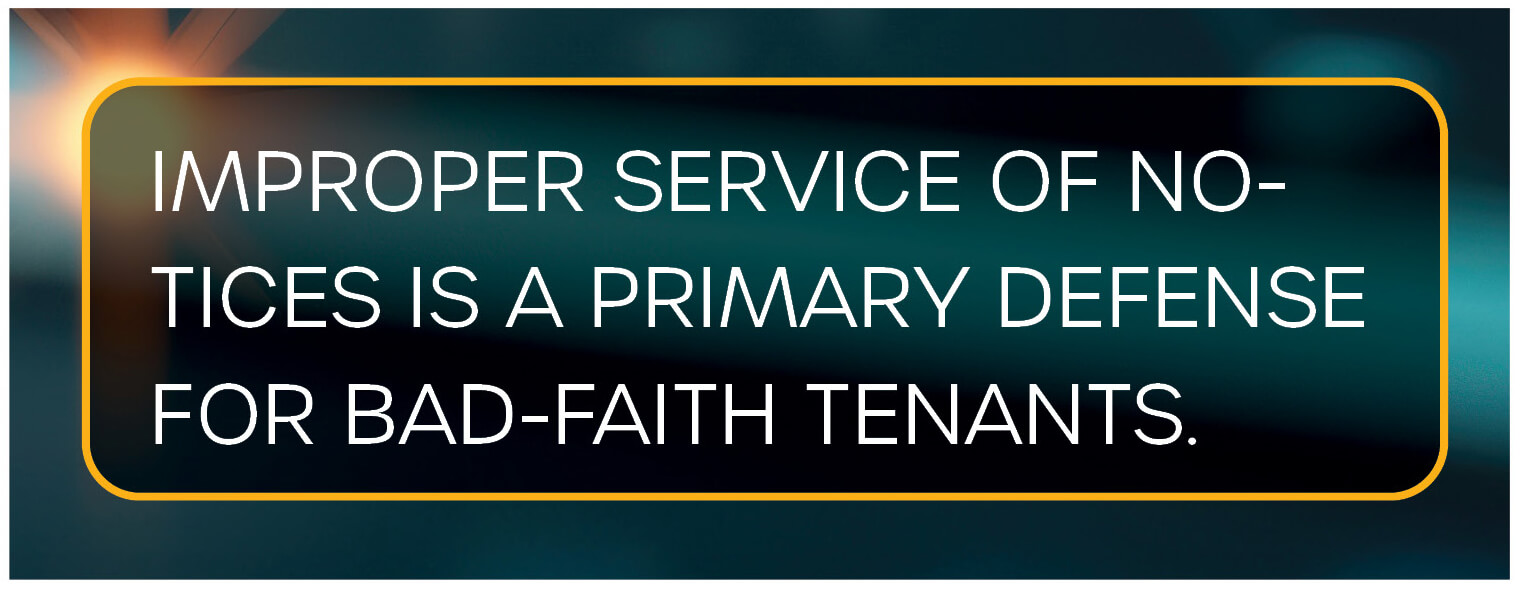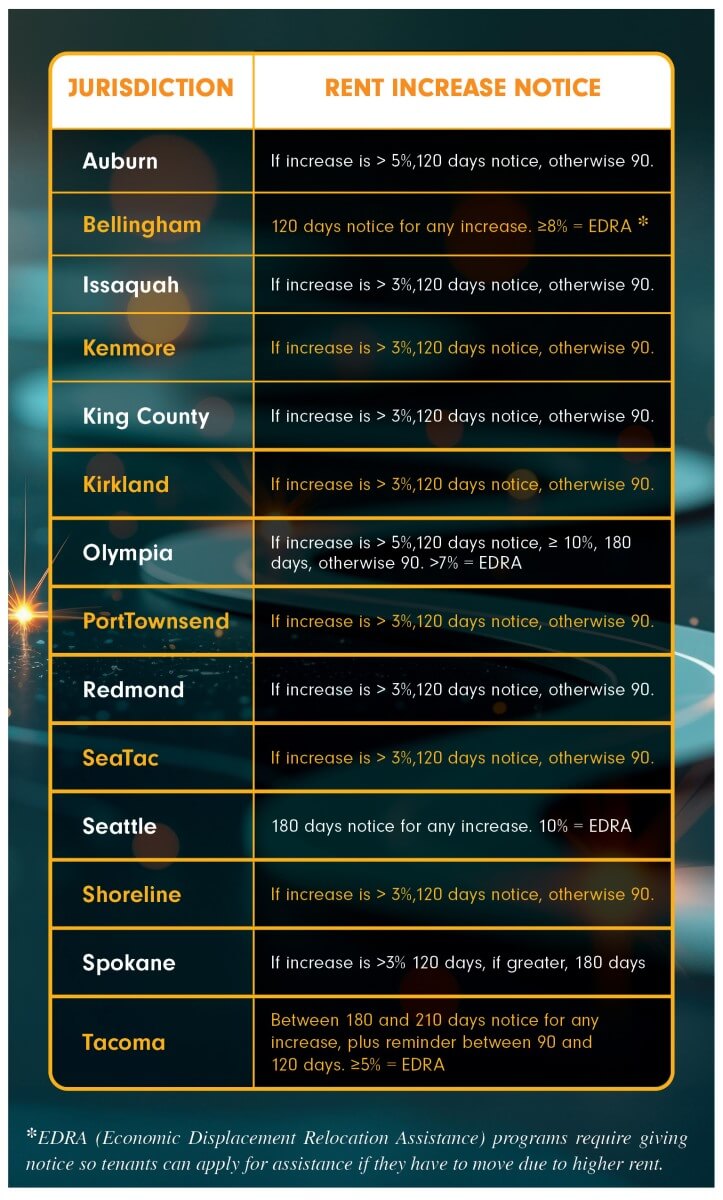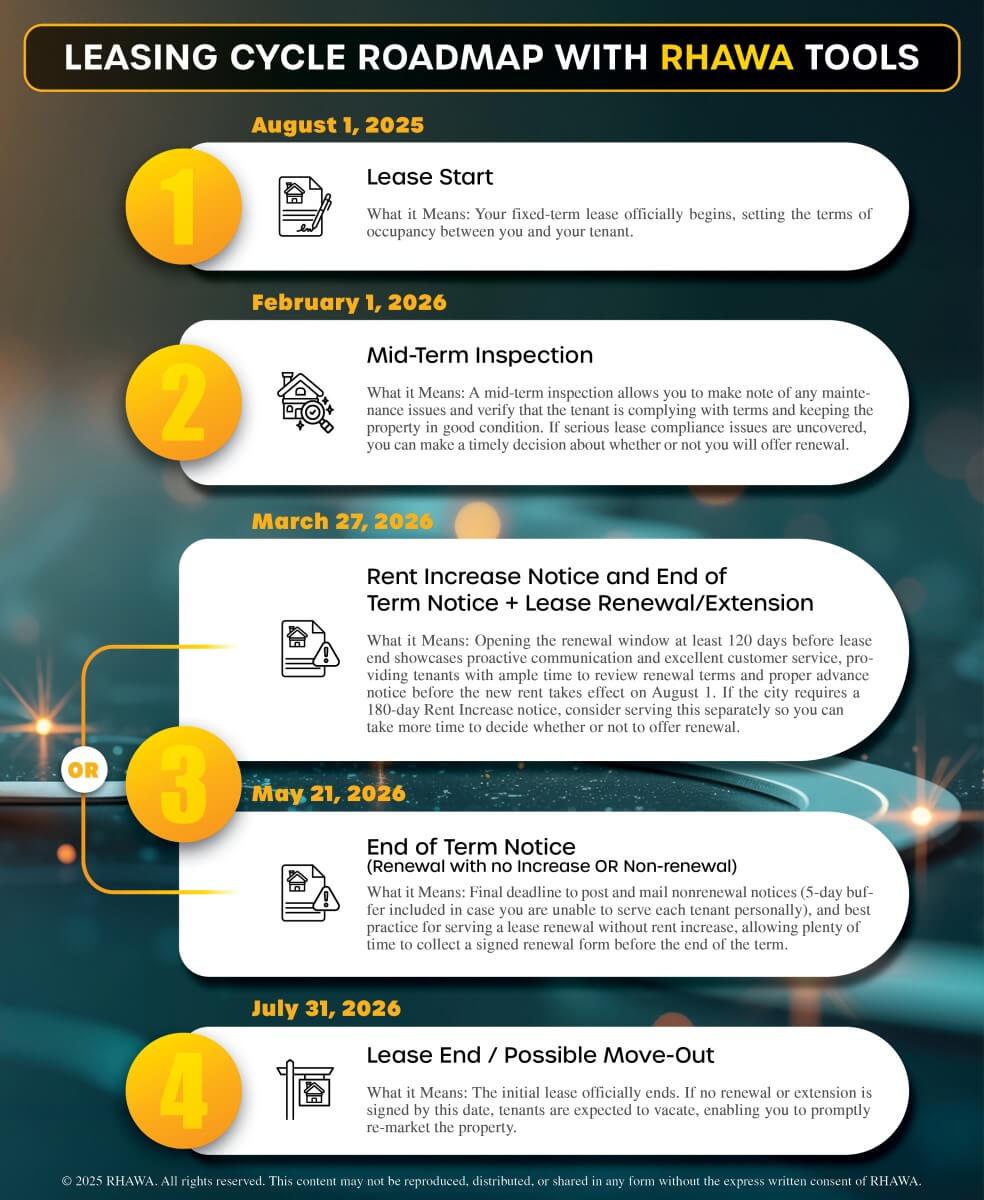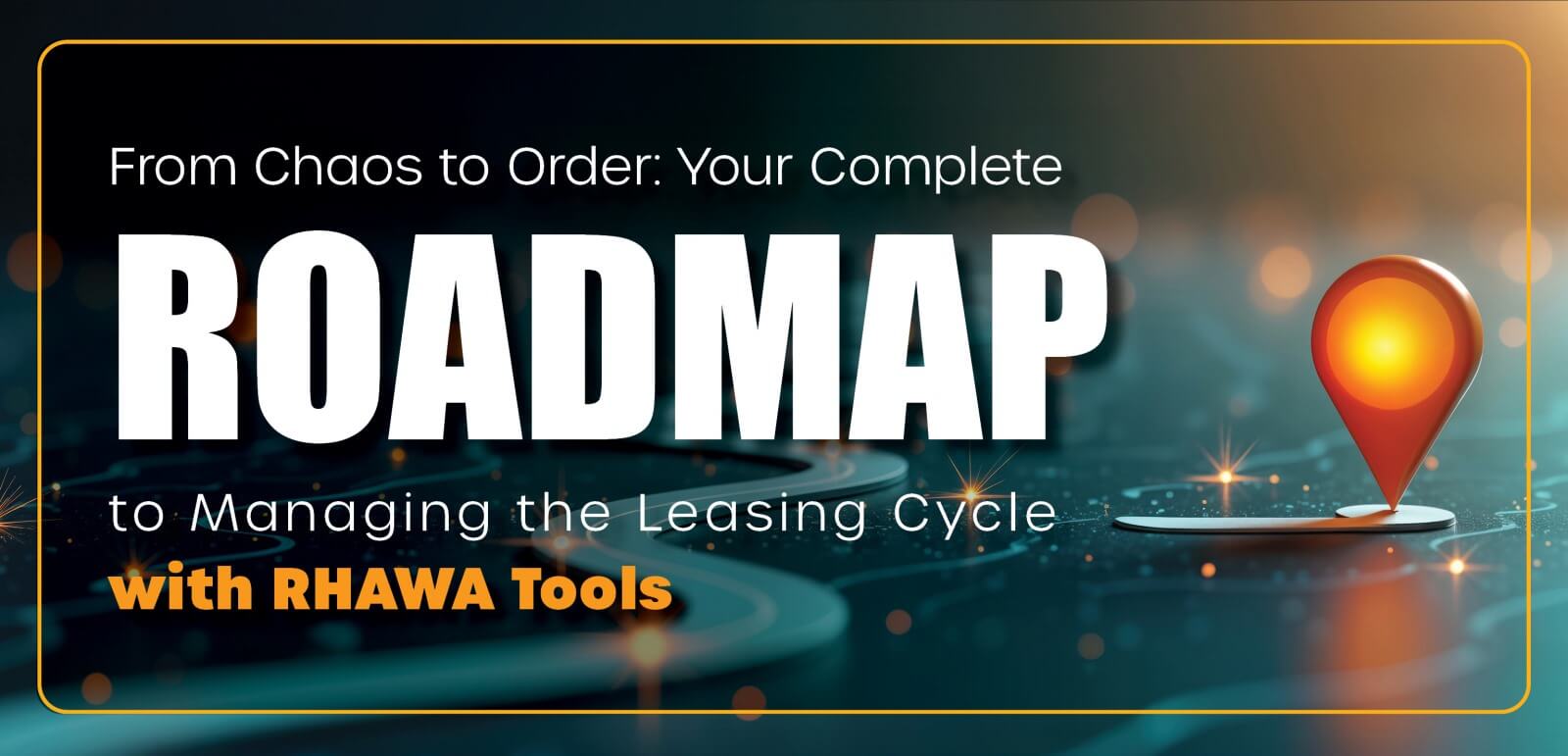From Chaos to Order: Your Complete ROADMAP to Managing the Leasing Cycle with RHAWA Tools
At RHAWA, we serve rental housing providers of all sizes and types, but the vast majority remain hands-on owner-operators. You know your properties inside and out, and direct involvement has always been seen as the conservative, intelligent way to deploy capital and add genuine value to your community.
Unfortunately, providing rental housing in Washington State has gotten complicated. For newer members, this might come as a surprise, but long-time housing providers fondly remember when managing rentals was straightforward and intuitive. Many turn to professional property management as a solution. Simply hire someone else, sit back, and let them handle the headaches. While RHAWA fully supports our professional property management partners, most of our members prefer to stay actively involved, maintain direct control of risks, and save the expenses.

Alternatively, many owners consider: “Do I even want to keep doing this?” If you’ve been asking yourself this question, this article is for you. We aim to demystify one of the most critical aspects of rental management – the legal timelines associated with notices. Improper service of notices is a primary defense for bad-faith tenants. Given recent state legislation and evolving local ordinances, understanding exactly when and how to use RHAWA’s notice forms can feel overwhelming.
However, if you master these timelines, you can confidently remain your own property manager, stay compliant, mitigate risk, and even expand your rental portfolio. The devil is in the details—so let’s dive right in.
END OF TERM NOTICES + LEASE RENEWAL & EXTENSION: STAY IN CONTROL
One of the most critical forms you can master as a self-managing housing provider is the End of Term Notice + Lease Renewal/Extension. In Washington State, fixed-term leases automatically roll over into month-to-month tenancies unless you proactively serve a lease renewal or end-of-term notice. This matters greatly because month-to-month leases trigger "just cause" requirements, meaning you lose the flexibility to end tenancies simply because you choose not to renew.
Unfortunately, in Auburn, Burien, Federal Way, SeaTac, Seattle, and unincorporated King County, you must have a just cause for non-renewal of a fixed term lease.
Why Using This Form Matters
Serving an End of Term Notice + Lease Renewal/Extension allows you to clearly communicate whether you plan to renew the lease and on what terms. If the tenant chooses not to sign your renewal offer, the tenancy ends naturally on the final day of the original lease term, provided you've served the notice properly. Without this form, you may unintentionally lock yourself into a month-to-month arrangement with fewer options for ending the tenancy.
Know Your Timelines
Washington state law (RCW 59.18.650(2)) and 59.18.140 dictate the following:
- A renewal notice must be served at least 30 days before lease expiration.
- A notice of nonrenewal must be sent at least 60 days before lease expiration.
- Effective May 7, 2025 (HB 1217), any rent increase notice must be served at least 90 days before lease expiration.
- There is a statewide cap on rent increases of 10% for the remainder of 2025. (The 2026 cap will be published soon.) This becomes relevant when looking at longer notice periods in different cities below.
- Effective July 27, 2025 (HB 1003), if you are unable to personally hand the notice to each tenant, you must also send via Certified mail from within WA State, which adds 5 extra days before you can carry out the action indicated in the notice.
Many local jurisdictions have stricter rules—for example, Seattle requires lease renewal notices to be served between 60 and 90 days before lease expiration. The jurisdictions below have longer rent increase notice periods, often based on the percentage of increase.
Many of the above cities have 180-day notice requirements for increases over 10%, but since the state cap prohibits increases over 10%, these are no longer relevant. There are a few rules that kick in AT 10%. These can be avoided by simply lowering your increase to 9.9%.
In most cases, it is best practice to serve rent increase and renewal notices together 100–120 days in advance, allowing for a state-wide 90-day rent increase notice and providing ample time for tenants to respond and plan. State statutes don't explicitly dictate how long tenants have to decide on lease renewals, but best practices—(and safest interpretations)—suggest allowing tenants at least 30 days to review and respond. This is particularly important in jurisdictions with stricter local rules.
Proper Service: Essential and Non-Negotiable
The manner in which you serve these notices matters immensely. Improper service can invalidate your notice, potentially trapping you in an unwanted month-to-month arrangement or hindering your legal options if disputes arise.
To protect yourself, always follow strict service procedures and document the service clearly. RHAWA provides members with the critical Notice Service Instructions + Declaration of Service form, detailing exactly how to properly serve your notices and document compliance.
MASTERING YOUR LEASE TIMELINE: A PRACTICAL EXAMPLE
First-Year Lease
To illustrate how simple and practical these steps can be in real-world management, let's walk through a clear timeline example for managing your first-year fixed-term lease under Washington State laws. This timeline highlights crucial deadlines for rent increases and lease renewal notices, helping you stay organized, compliant, and proactive.
Managing a property professionally means planning ahead.
Follow this straightforward guide, based on Washington State regulations, as illustrated in the graphic on the right.
Why Use This Timeline?
This clear and practical visual roadmap removes uncertainty, allowing you to confidently handle critical tasks on time, stay legally compliant, and provide a positive tenant experience. Combine this timeline with RHAWA’s resources, proper service documentation, and proactive calendar management, and you'll master your role as your own property manager.
USE RHAWA RESOURCES
The Rental Housing Association of Washington (RHAWA) is your trusted partner in professional property management.
- Access Current Forms: Always download the latest lease agreements, notices, and other essential forms directly from RHAWA’s website. Using outdated documents can expose you to legal risk and compliance issues.
- Detailed Instructions: For critical forms such as lease renewal, rent increase, and end-of-term notices, RHAWA provides detailed, jurisdiction-specific instructions. These include up-to-date servicing requirements, helping you comply with both statewide and local laws confidently.
- Stay Informed: Keep yourself up to date by watching free OnDemand Education sessions, joining our weekly live Zoom classes, and attending annual in-person events. Additionally, read the RHAWA blog, CURRENT newspaper, and member emails for timely updates on new laws, policy changes, and best practices.
- Statewide Coverage: RHAWA tracks legal and regulatory changes across all of Washington State, ensuring you remain compliant no matter where your properties are located.
Simple Steps to Success
✓ Keep all lease end dates AND the dates renewal notices must be served marked on your calendar.
✓ Determine renewal terms clearly and early.
✓ Use the correct RHAWA form specific to your jurisdiction.
✓ Follow proper service methods precisely.
✓ Document all notices served thoroughly.
Accessing Your Forms
RHAWA’s carefully maintained, jurisdiction-specific End of Term Notice + Lease Renewal/Extension forms are available exclusively to members, ensuring compliance with current laws and best practices. To access:
-
Log in to rhawa.org
-
Click Member Access → Leases & Forms → Residential Rentals → Tenant Notice Forms
-
Choose the appropriate form for your property’s location
Takeaway: Master Your Renewal Notices
Mastering the timing and service of renewal notices isn’t just good management – it’s essential to retaining control over your rental business. With the right forms, clear timelines, and careful service practices, you can confidently be your own property manager, stay compliant, and safeguard your rental investments. Leveraging RHAWA resources empowers you to manage professionally, confidently, and successfully.


